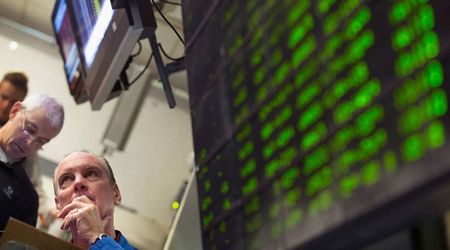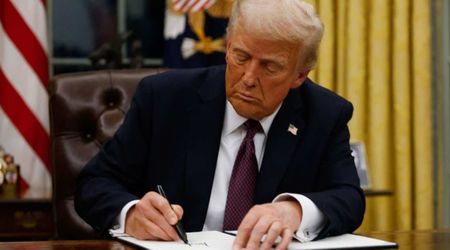How Edward Tirtanata’s Tiny Coffee Stand Became a $1 Billion Brand Kopi Kenangan in Just 7 Years

When Edward Tirtanata was in college, he loved coffee so much that he’d buy a big cup daily from Dunkin’ Donuts or 7-Eleven. Edward, who is 35 years old, is the CEO and co-founder of the successful coffee firm Kopi Kenangan. He still has three or more cups of coffee daily for "product testing." In Indonesia, Kopi Kenangan began as a tiny coffee stand in 2017. It is now a global brand with over 800 Southeast Asian sites, valued at over $1 billion. Sales for the company exceeded $100 million in 2023, based on documents provided to CNBC Make It. Kopi Kenangan has expanded from a little neighborhood coffee shop to a significant global enterprise in just seven years.

Edward Tirtanata's upbringing
To study finance and accounting at Northeastern University in Boston, he relocated to the United States in 2007. Tirtanata didn't love to study, but he was naturally good at business. He said to CNBC Make It, "I didn't study much when I was a kid." "However, I was always thrilled to have the opportunity to start a business or earn money." "The joy of doing it is more important than the money. Even now, that still thrills me," he remarked.
Tirtanata was aware of the fundamental business maxim "Buy low, sell high" even as a student. He was naturally good at making money, so he sold buddies Pokémon cards and gaming bots. Inspired by his entrepreneurial parents, Tirtanata always loved the challenge of making his way in the world.
Tirtanata's life changed when his mother called him during his first year of college to inform him that his father's company was having severe financial difficulties. Following that conversation, Edward decided to expedite his five-year program, which he finished in three years. He soon made his way back to Indonesia, where he joined his father in business. "Even though I was going through a lot of stress and uncertainty at the time, I believe this is one of the moments that improved me as an entrepreneur," Tirtanata stated. He overcame these financial difficulties to forge a prosperous career as an entrepreneur.
Tirtanata established the Lewis & Carroll tea shop business in 2015, which had multiple sites around Indonesia before founding Kopi Kenangan. When he launched his fifth store, he discovered it wasn't as successful as he had anticipated.

Launching Kopi Kenangan
He realized the issue one day while conversing with his longtime buddy, James Prananto at the tea shop: most Indonesians couldn't afford the large coffee and tea chains. According to the Starbucks Tall Latte Index, a tall latte costs roughly 2% of the median daily income in the United States, but over 30% of the median daily income in Indonesia. This realization gave rise to the concept of Kopi Kenangan. In 2017, Tirtanata and Prananto invested $15,000 into their first grab-and-go coffee shop in Jakarta. By avoiding the costs of renting and designing a sit-down café, they could invest more in high-quality ingredients. “Instead of focusing on the sofa or fast Wi-Fi, we focused on a good, high-quality cup of coffee,” Tirtanata said. This strategy helped Kopi Kenangan grow to over 200 locations in 10 cities within its first two years.
View this post on Instagram
Standing out in a competitive market
The coffee business is very competitive, especially in big cities. When asked what makes Kopi Kenangan different, Edward Tirtanata mentioned three things: their grab-and-go model, their use of technology, and their local approach. “While Starbucks focuses on consistency, I realized people have different tastes,” he told CNBC.
“Our strategy is to tailor our coffee to each market using a data-driven approach,” Tirtanata said. This means a Kopi Kenangan latte in Singapore will taste different from one in Indonesia. During the pandemic, Tirtanata and his co-founder Prananto integrated more technology into their business, helping Kopi Kenangan triple its store count.
From Indonesia to the world
As of April 2024, the chain has raised over $230 million from global investors. Today, Kopi Kenangan has stores in Indonesia, Malaysia, and Singapore. But Tirtanata wants to go further. He plans to expand globally and hopes to list the business in the U.S. “It gets more complicated as a business grows, so I try to learn every day how to be a better leader,” he said. “I’m excited about the future. We are just at the beginning of our journey.”



















